Dismissing the Messenger
Recently, I shared a great article from The Guardian that provided a great explainer of what is being meant when people say “Defund the police” (I also highly recommend this podcast episode of The Daily on it). Someone quickly responded with, “Dumbest rally cry ever.”
Today, I noticed a doctored image of the Lincoln Memorial being widely shared on social media. It claimed that Black Lives Matters protesters defaced it with spray paint. Like many internet memes, it didn’t seem right so I did some quick searches and checked with people in the area who verified that the claim was indeed false. I said “While it is true that other monuments were vandalized, the Lincoln Memorial was not.” I also linked to this Snopes article. Of course, several responded with “Snopes is a leftwing site.” When I presented other sources like the non-partisan site Fact Check, Reuters, etc., people would pivot by claiming all mass media was a lie. It’s another version of the claim, “Why isn’t the media talking about this?,” which I wrote extensively about here.
This idea of completely dismissing ideas because of who is saying something or how they are saying it is rooted in ignorance and insecurity. These days, people aren’t shooting the messenger – they don’t want to hear any views that don’t align with their own perspective so it is easier to simply dismiss the messenger altogether. If someone has a legitimate grievance such as calling for reforms to existing systems, it is easier to ridicule them than to address the merit of their claims. If there is true information that might undermine or own position, it is easier to user hyperbolic statements than to hold ourselves accountable.
You’ll know a statement is hyperbolic when it can’t be entirely proven or refuted because there is no real standard to judge by. For example, if someone claims “the media lies,” they aren’t saying how often. Mistakes can be made – especially when people rush – but that’s why retractions and corrections are issued. It is rare for people for people who claim that the media is just a leftwing conspiracy to retract their own statements when faced with the truth: they usually just pivot to an ad hominem or non sequitur argument instead. People who say “the media lies” just usually mean “I don’t agree.” But dismissing the messenger also means dismissing any personal responsibility to hear and tell the truth themselves.
When this happens, the best response is usually from an open conversation that can all viewpoints accountable. For example, if someone makes a broad claim that is dismissing the messenger, you can ask further: What do you define as the media? Is it unreasonable to think that the source might occasionally have true statements even if you disagree with it? Do you only trust sources that you agree with entirely, even if they are also relying on media reports? Or, if someone makes an insulting remark (even in jest), you could ask for clarification: Why do you believe that? Have you given up on having a civil discussion? How would you feel if someone said that about your deeply-held beliefs? And so on.
It isn’t easy to navigate complex ideas, especially when we are biased with our own values, perspectives, and experiences. However, I believe it’s worth the effort. When it comes to the truth, we don’t need to use hyperbole, insults, or falsehoods to make the case – if we do, then perhaps our truth isn’t as strong as think. Whatever you do though, focus on the argument. Don’t dismiss the messenger – engage with them.
